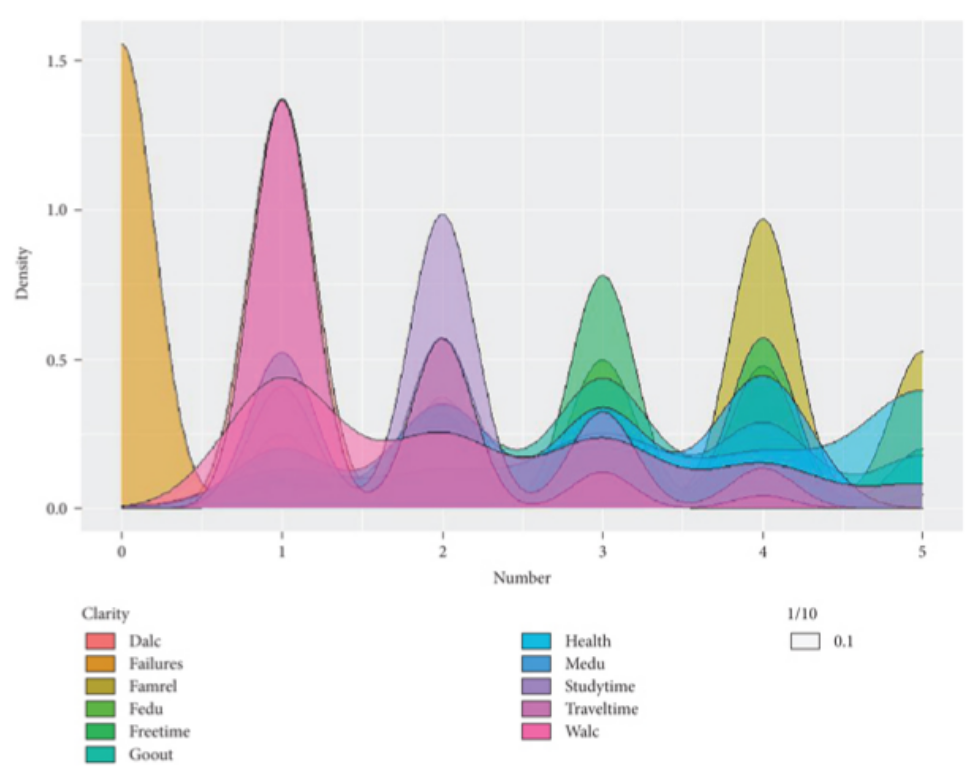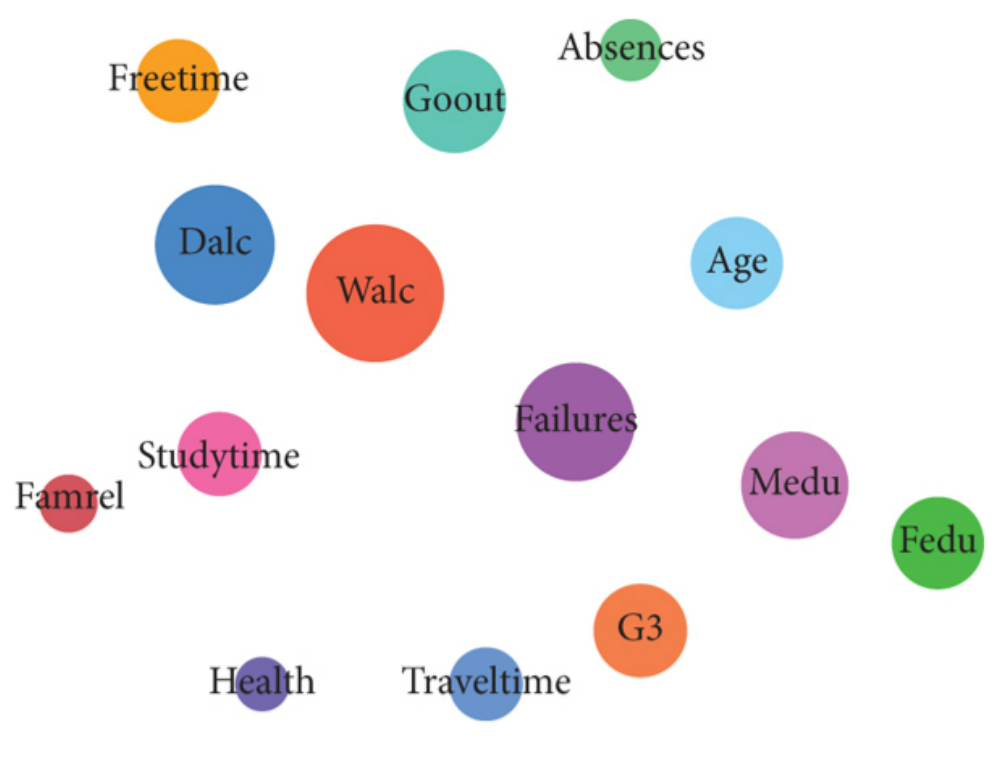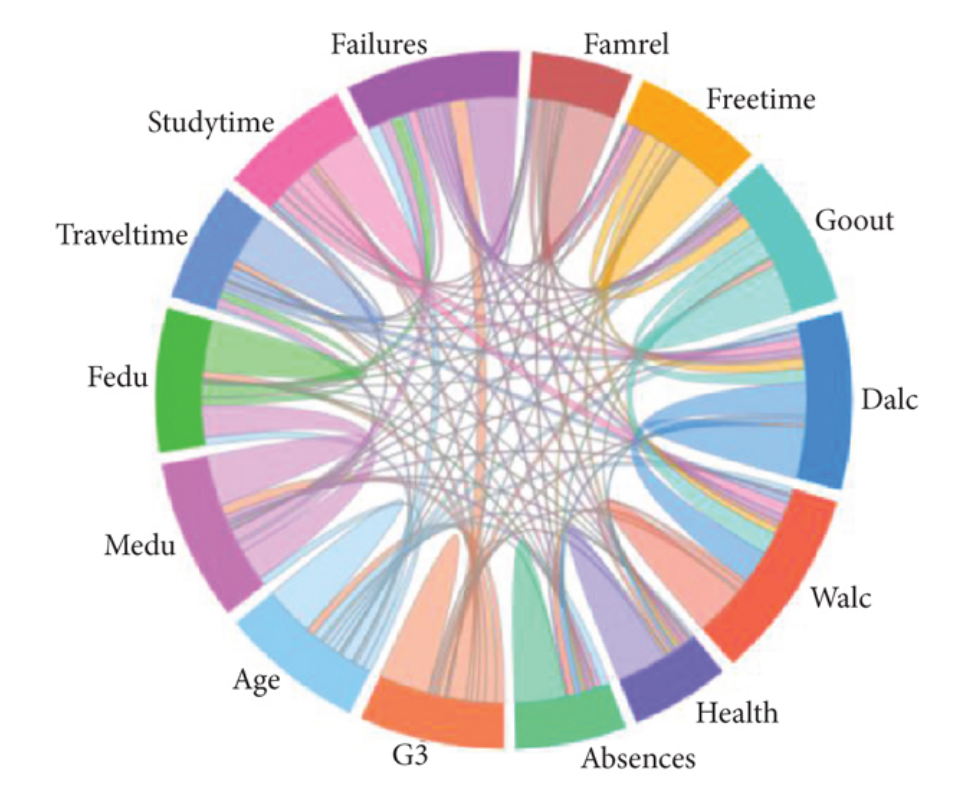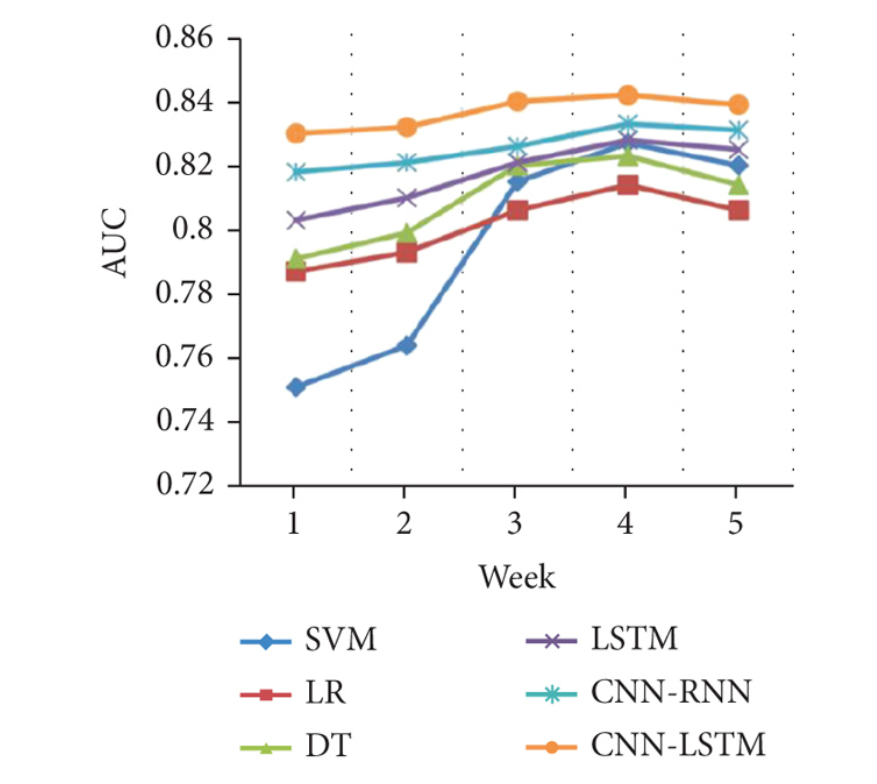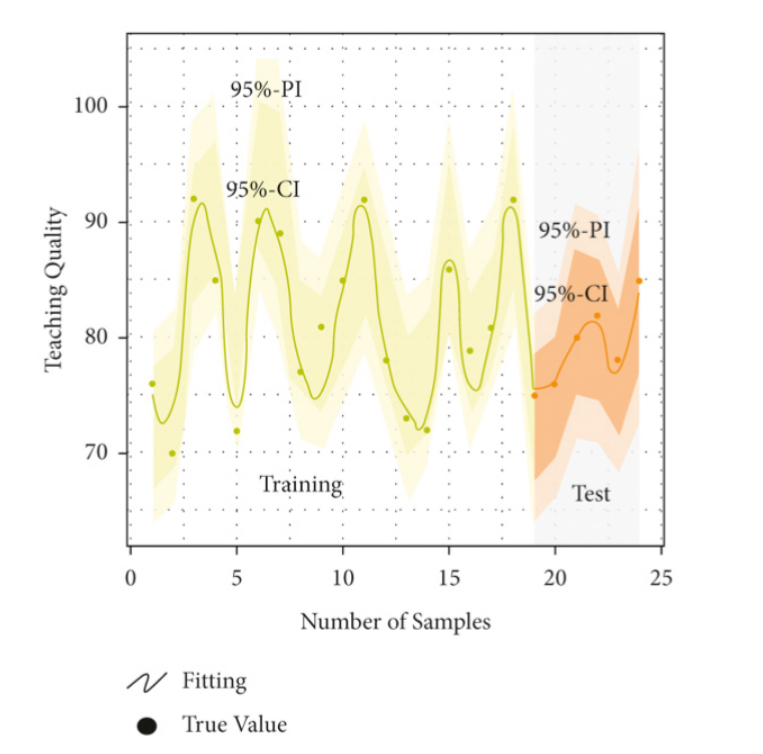 An open access journal
An open access journal
STEM Education Innovations: Inspiring the Next Generation of Scientists and Engineers
Abstract
STEM (Science, Technology, Engineering, and Mathematics) education is critical for fostering innovation and preparing the next generation of scientists, engineers, and technologists. This paper explores the recent innovations in STEM education that aim to inspire and engage students. It highlights the importance of interdisciplinary approaches, project-based learning, and the integration of digital technologies to create immersive learning experiences. The paper examines how educational practices such as maker spaces, robotics competitions, and coding bootcamps not only enhance technical skills but also promote critical thinking, creativity, and problem-solving abilities. Furthermore, it discusses the role of partnerships between educational institutions, industry, and government in developing STEM curricula that reflect real-world challenges and opportunities. The paper also addresses the need for inclusive and equitable STEM education to ensure that students from diverse backgrounds have the opportunity to pursue careers in STEM fields. Through a review of literature and case studies, the study identifies effective strategies and best practices for engaging students in STEM, highlights the challenges faced in implementing these innovations, and suggests directions for future research and policy development. The conclusion underscores the importance of a collaborative, multidisciplinary approach to STEM education that prepares students to meet the demands of the 21st century.
Share and Cite
Article Metrics
References
- Beers, S. J. (2016). STEM Education: Preparing for the Jobs of the Future. U.S. Department of Education.
- Honey, M., Pearson, G., & Schweingruber, H. (2014). STEM Integration in K-12 Education: Status, Prospects, and an Agenda for Research. National Academies Press.
- Sanders, M. (2009). STEM, STEM Education, STEMmania. The Technology Teacher, 68(4), 20-26.
- Bybee, R. W. (2013). The Case for STEM Education: Challenges and Opportunities. NSTA Press.
- Margot, K. C., & Kettler, T. (2019). Teachers’ perception of STEM integration and education: a systematic literature review. International Journal of STEM Education, 6(1), 2.
- National Science Foundation. (2018). Science and Engineering Indicators 2018. NSB-2018-1.

